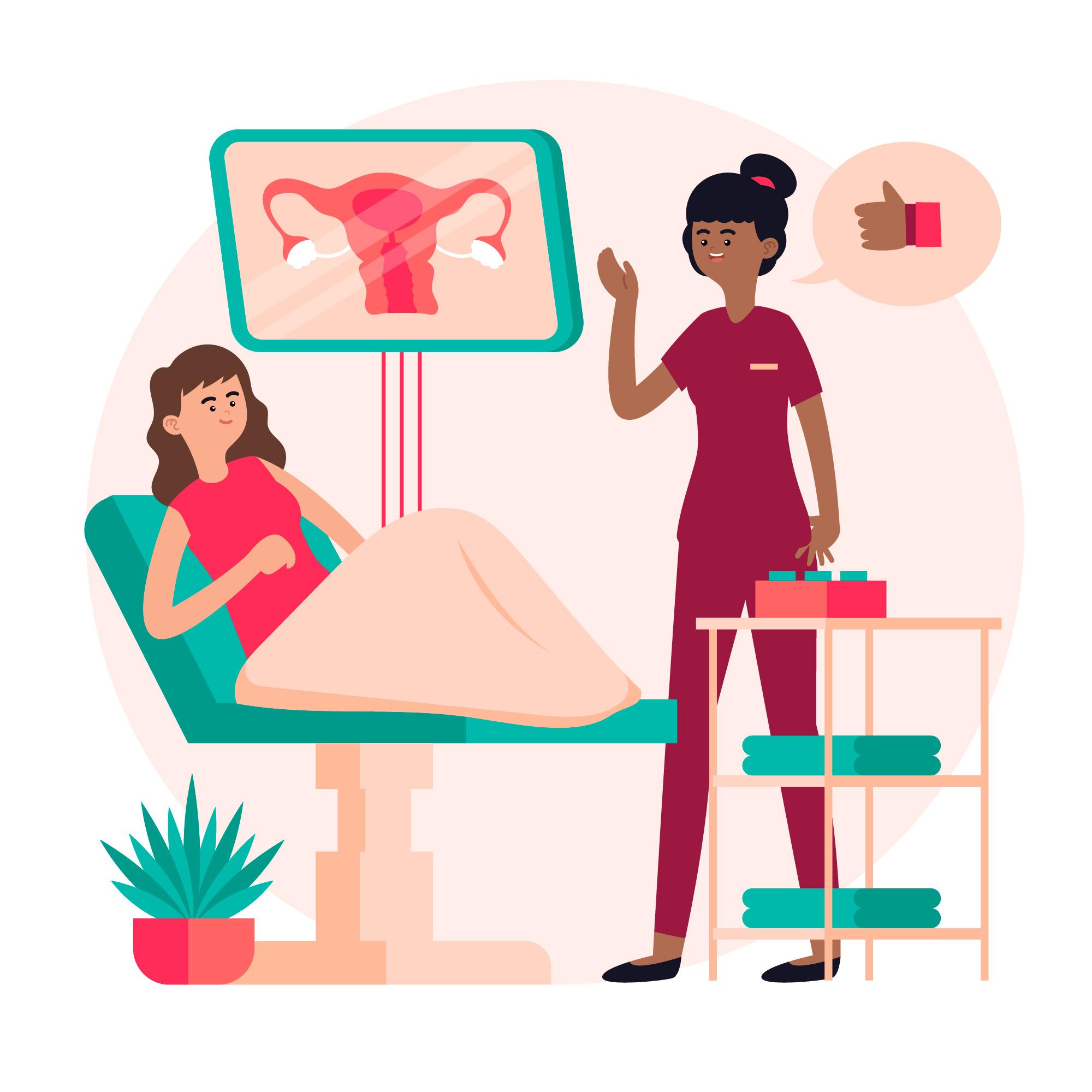PCOS Facts vs. Myths: Get the Right Information

Overview of medications used to treat PCOS symptoms
10 Jun 2024
Millions of women worldwide are affected by Polycystic Ovary Syndrome (PCOS), suffering from a lot of symptoms, starting with hormonal imbalance, problems with fertility, irregular periods, and so on.
Going through PCOS can be difficult, and we completely understand your concerns. We know how PCOS treatments can seem overwhelming and symptoms can seem stressful. That’s no problem; we’ll guide you through it—The PCOS medications, PCOS treatments, lifestyle, therapy, and all else that you need to know.
What are the Medications for PCOS?
As a PCOS patient, it is important to be careful about the medications you take. Consult your doctor before taking any new or altering your medication course .
- Birth Control Pills: These oral contraceptives help regulate your period cycle while also keeping your androgen levels low and diminishing acne and hair growth symptoms.
- Anti-androgen medications: These drugs prevent how androgens affect your body. Again, minimising symptoms like acne and hair growth.
- Metformin: Although normally used for type 2 diabetes patients, this medication is good for improving your insulin resistance, leading to regularity in your ovulation process and increasing your fertility.
- Clomiphene: When trying to get pregnant, this is a medication that your doctor may recommend, possibly for ovulation and increasing the probability of pregnancy.
What are the PCOS Fertility Treatments?
It is very common for a PCOS patient to face fertility problems, however, there are many PCOS fertility treatments available to improve your chances of getting pregnant.
- Ovulation Induction: Some medications for PCOS help stimulate ovulation, helping with pregnancy.
- In Vitro Fertilization (IVF): IVF is a treatment helpful for women who haven’t had success trying other PCOS fertility treatments. It is where the eggs are fertilised outside the body and then embryos are placed in the uterus.
- Ovarian Drilling: This is when your doctor will make small holes in your ovaries to help stimulate ovulation.
What Lifestyle Changes Should I Make?
In most conditions, making lifestyle modifications is as important and effective as medications and treatments. Similarly, lifestyle changes for PCOS can impact the symptoms.
- Healthy Diet: Consume a balanced diet of fruits, proteins, grains, and veggies. Avoid processed foods, simple carbs, and sugar. These can make your insulin resistance worse.
- Regular Exercise: Engage in some physical activity or exercise daily. It will keep you healthy in general. Perform at least 30 minutes of exercise atleast 5 days a week.
- Stress Management: As with any other condition, stress can also worsen your PCOS symptoms. Indulge in activities that help reduce stress, such as meditation, reading, or yoga.

What Surgical Options For PCOS Treatment?
Surgery is typically considered a last resort for PCOS treatment, but it may be necessary in certain cases:
- Ovarian Wedge Resection: Similar to ovarian drilling, this procedure involves removing a wedge-shaped piece of the ovary to restore ovulation.
- Laparoscopic Ovarian Drilling: A minimally invasive surgery where the surgeon makes small incisions in the abdomen and uses a special tool to puncture the ovaries, promoting ovulation.
Alternative Therapies for PCOS
In addition to conventional treatments, some women find relief from symptoms through alternative therapies for PCOS:
- Acupuncture: This Chinese therapy includes the insertion of thin needles at specific points in your body to help restore balance and lower symptoms.
- Herbal Supplements: Some herbs have healing properties that help with hormone regulation and lower your symptoms. Some of these are spearmint, cinnamon, and saw palmetto.
- Nutritional Supplements: Some nutritional supplements are known for bringing about visible changes in PCOS symptoms. These are supplements like omega-3 fatty acids, vitamin D, and inositol.
Conclusion
A PCOS lifestyle can look challenging, but the right treatments, medications, lifestyle habits, etc., can help manage your symptoms and improve your quality of life. Amidst all this, remember that working closely with your doctor is important. They may help you develop a personalised plan that’s tailored to your needs and goals. But there’s more that you may need on this journey: patience, perseverance, and support. With the help of these, you can navigate the PCOS journey. Take little steps, but keep going. You will get there eventually.TatvaCare offers chronic care support to individuals with diseases like PCOS. Our future-forward app GoodFlip works like a personal healthcare assistant that offers tools for patients managing their chronic conditions at home. Download the GoodFlip app and enjoy features like convenient lab test bookings, personalised diet and exercise coaching, informative articles, medication reminders, vitals tracking, and much more. To learn more about our products and serviecs, call us at +9199740 42363 or write to us at support@tatvacare.in.

Medically reviewed by
Dr. Devina Aswal 
MBBS, DDM, FCR, CIC
Recent Blog
- AI in Healthcare: Not a Threat, but a Smart Ally
- Your Clinic. Your Website. Your Brand.
- CDSS – Revolutionising Diagnosis with AI-Powered Clinical Decision Support System
- Handwritten to Digital in Seconds: SmartSync Converts Prescriptions Instantly
- Voice Rx by TatvaPractice: A Smarter Way to Digitise Prescriptions
Archives
Categories
- Asthma (20)
- Diabetes (15)
- Fatty Liver (20)
- High Blood Pressure (2)
- High cholesterol (2)
- Hypertension (2)
- Insulin Resistance (1)
- Obesity (8)
- PCOS (6)
- TatvaPractice (13)
Let’s Connect
Quick contact



